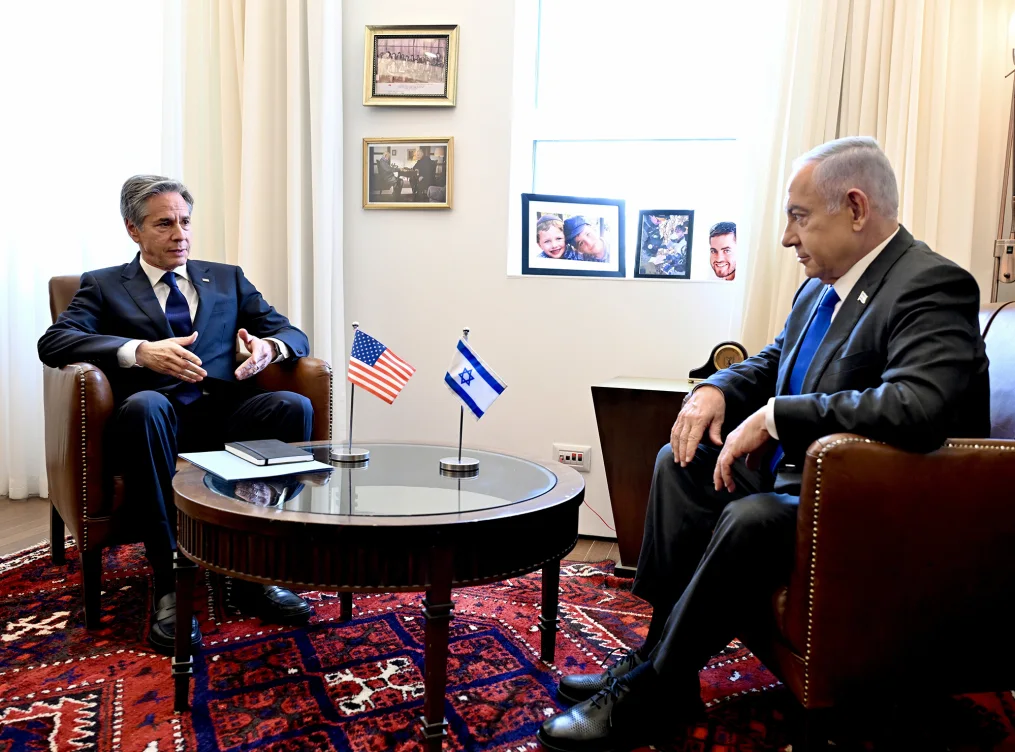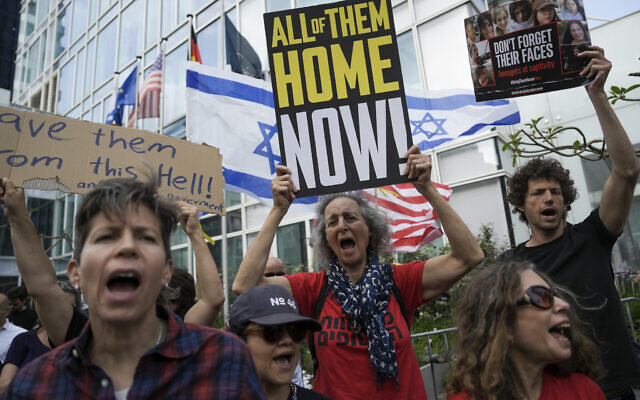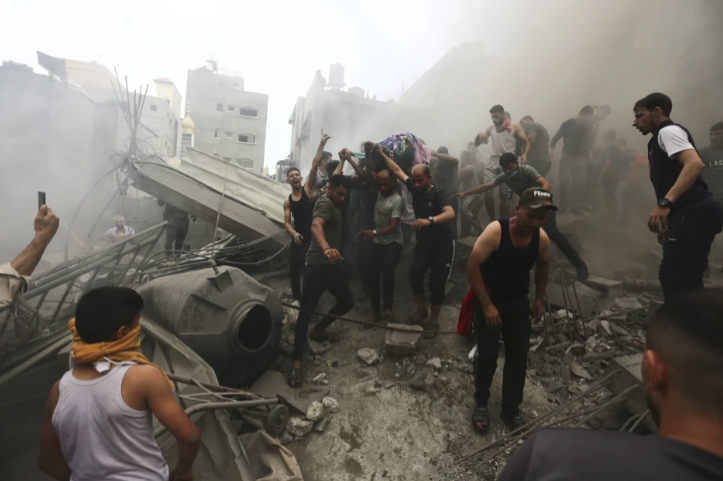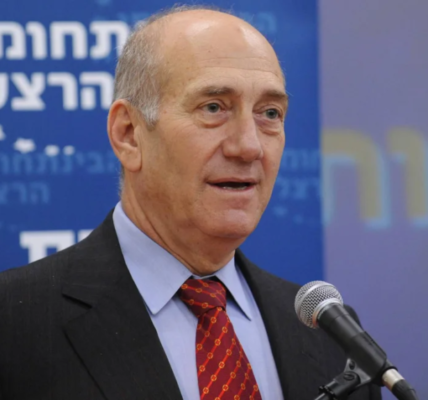CIA Director William Burns Arrives in Cairo with Egyptian Officials to Reach a Deal

Israel has given Hamas a one-week ultimatum, presenting the militant group with a choice between agreeing to a hostage deal or facing a potential ground invasion of Rafah against the terror group’s remaining strongholds in Gaza.
CIA Director William Burns is currently in Cairo for hostage talks, with a Hamas delegation set to arrive on Saturday. While there are indications that Israel and Hezbollah are nearing a deal to ease tensions along the northern border, Israeli officials caution that progress is contingent upon a hostage deal being reached first.
A senior Israeli official has tempered expectations regarding the immediacy of a hostage deal, stating, “Even though the mediators are speaking optimistically, Israel has yet to hear that Hamas has agreed to retreat from its maximalist positions”.
The Hamas terror group is expected to provide its official response to a proposal approved by Israel earlier in the week.
The Biden administration have blamed Hamas for the failure to reach a deal that would involve a 40-day halt in fighting and the potential exchange of up to 33 Israeli hostages for around 900 Palestinian prisoners, as outlined by British sources.
Hamas’s political leadership was expected to confer with its military wing in Gaza and provide a response. However, Yahya Sinwar, the group’s military leader, who is believed to be sheltering in tunnels within the enclave and holds authority over final decisions, has not responded.
On Thursday, Egyptian officials conveyed Israel’s message to Hamas, while CIA chief William Burns arrived in Cairo to facilitate efforts toward reaching a deal.

Israel’s truce offer was described by U.S. Secretary of State Antony Blinken, as “extraordinarily generous” and has urged Hamas to accept it.
“Israel has made very important compromises in the proposal that’s on the table, demonstrating its desire, willingness to get this agreement done,” he said during a press conference while visiting the Ashdod Port, which Israel recently began using to increase the flow of aid into Gaza.

“Now, as we’ve been saying, it’s on Hamas. Hamas has to decide whether it will take this deal and actually advance the situation for the people that it purports to care about in Gaza. There is no time for delay; there is no time for further haggling. The deal is there; they should take it,” he said.
Hamas is currently deliberating over Israel’s ceasefire offer, while demonstrators within Israel are calling for negotiations to secure the release of remaining hostages.
Israeli officials anticipate Hamas will attempt to impose stricter conditions, potentially lowering the number of hostages released and seeking a higher number of Palestinian prisoners in return. One potential scenario is Hamas maintaining its stance that only around 20 hostages meet the humanitarian criteria for release in the first phase, and not 33 people, as requested by Israel. The terrorist group previously rejected ceasefire proposals in December, January, February, March, and early April in which Israel agreed to exchange 700 Palestinian prisoners for 40 civilian hostages.
Over the past seven months, the war has claimed the lives of over 34,000 people in Gaza, as reported by the Hamas-run authority. Israel launched its offensive in response to a Hamas-led attack on October 07, resulting in approximately 1,200 deaths and the abduction of around 250 hostages. Israel says the militants still hold around 100 hostages and the remains of more than 30 others.

































































































































































































































































































